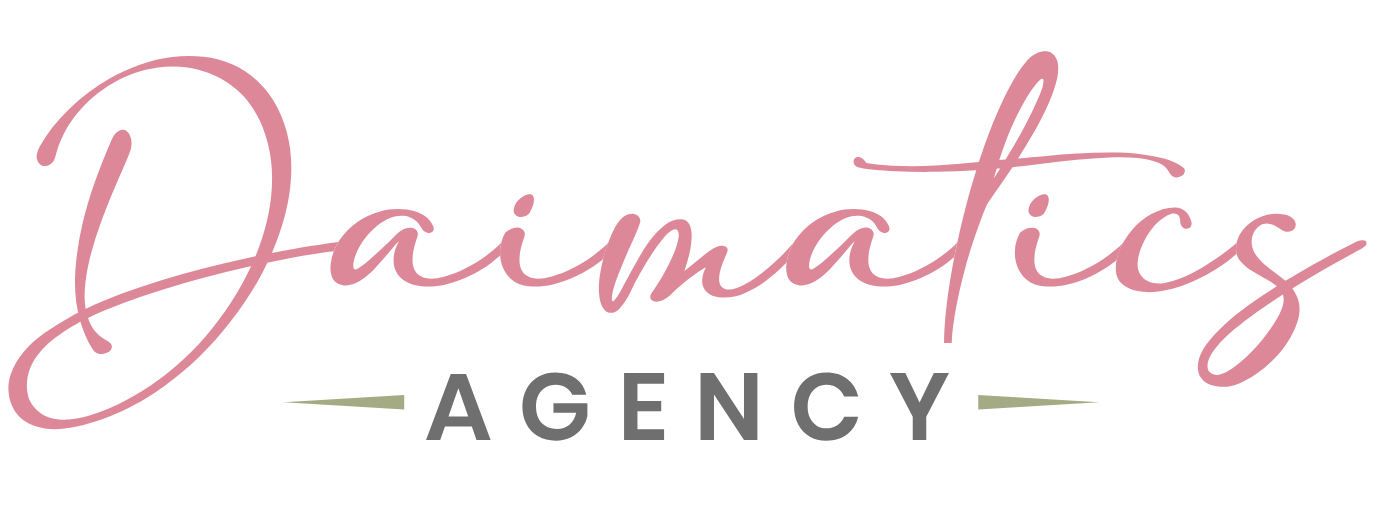Crowdsourcing concept
What is Crowdsourcing?
Crowdsourcing is a tool that outsources tasks and reduces the workload of the members of a company. It is a phenomenon that emerged a few years ago and has gained more and more space on the Internet. It is also known as open distributed collaboration or open outsourcing of tasks.
The term Crowdsourcing was created by Jeff Howe, who established that the concept depends on the participation of undetermined people, among whom the most suitable ones will be found to carry out the tasks, respond to complex problems and contribute relevant ideas for the company.
Once the most suitable or ideal collaborators for the company have been chosen, they receive some reward for their participation in the project. The reward may be receiving some financial gratification, appearing on the list of project participants or obtaining a new job.
In summary, Crowdsourcing is a massive collaboration through new technologies, such as Web 2.0, to execute certain actions that help develop a project.
What is Crowdsourcing used for?
Crowdsourcing is used to acquire varied ideas and innovative proposals that can boost a business and achieve the best results. Being external collaborators and not having a direct relationship with the company (like an employee would be), they see things from a different point of view and can manage to change the focus of any project.
It also helps to find, within the group of collaborators, a person who is truly useful and who can contribute results in the future. Thanks to this, new possibilities for generating new projects open up.
Examples of Crowdsourcing
Some organizations like Wikipedia, use the Crowdsourcing to generate content or call to action. In the case of Wikipedia, it gives the possibility that the same users who search for information on the site also make their own contributions, either with extensions or by providing new data on certain topics.
Among the practices that are carried out with Crowdsourcing are that of collective financing, which consists of contributing an amount of money to visualize the content of a blog or publish an ebook. There is also that of calls to action on Social Networks which, in recent years, have become the most used by companies, NGOs and cultural institutions.
EXCELENTETrustindex verifica que la fuente original de la reseña sea Google. Trabajar con Daimatics ha sido una experiencia realmente positiva. Desde el primer momento, se tomaron el tiempo para entender todas las necesidades del negocio. Nos ayudaron con una estrategia 360 que realmente mejoró el tráfico y atrajo clientes. Lo que más me gustó es lo claros y cercanos que son. Nos mantenían al tanto de todo, explicando los resultados y ajustando la estrategia cuando era necesario. Además, siempre están disponibles para cualquier pregunta, lo que nos dio mucha tranquilidad. Estamos muy contentos con los resultados que nos brindo la agencia. Si buscas un equipo comprometido y resultados reales, los recomiendo totalmente.Publicado enTrustindex verifica que la fuente original de la reseña sea Google. Daimatics es una agencia super profesional en donde desde el primer contacto muestra un alto nivel de profesionalismo y conocimiento logrando entender el mercado, diseñando un plan 360 para superar los objetivos del negocio. El equipo tiene un manejo increible en cada area en la que se destacan como redes, diseño web, SEO, Paid media y más. Si quieres conseguir buenos resultados y sobre todo reales, daimatics es tu agencia.Publicado enTrustindex verifica que la fuente original de la reseña sea Google. Molt bon professional, serio, formal, coherent i cumplidor.Publicado enTrustindex verifica que la fuente original de la reseña sea Google. Molt bon assessorament i reponen els dubtes enseguida. Tracte molt agradable i professional.Publicado enTrustindex verifica que la fuente original de la reseña sea Google. Siempre que los he necesitado me han dado un excelente servicio. David, CEO de DAIMTICS, siempre te explica todo con claridad y sin tecnicismos. Seguid trabajando así, lo hacéis genial!Publicado enTrustindex verifica que la fuente original de la reseña sea Google. Mi experiencia no puede haber sido mejor, me ha sido de gran ayuda a la hora de asesoramiento respecto a problemas surgidos con una empresa que me estaban confeccionando la web y que no tenían de idea. El feedback con Daima ha sido inmejorable y me han creado campañas publicitarias con grandes resultados. 100% recomendable y más teniendo en cuenta que detrás de la web, hay un mundo totalmente desconocido y al vez el más importante cómo es el SEO y es aquí donde te pueden engañar.Verificado por: TrustindexLa insignia verificada de Trustindex es el símbolo universal de confianza. Solo las mejores empresas pueden obtener la insignia verificada si tienen una puntuación de revisión superior a 4.5, basada en las reseñas de clientes de los últimos 12 meses. Leer más
- contact
- shall we talk
- contact
- shall we talk
- contact
- shall we talk
- contact
- shall we talk
- contact
- shall we talk
- contact
- shall we talk
Do you want to boost your business? Get in touch with our team
Book a meeting
Notes on Data Protection
- When sending a form, data such as your email and name are requested which are stored in a cookie so that you do not have to complete them again in future submissions.
- By submitting a form you must accept our privacy policy. Responsible for the data: Daima TIC Solucions SL
- Purpose: Respond to form requests.
- Legitimation: Your express consent.
- Recipient: Daima TIC Solucions SL (data stored only in email client).
- Rights: You have the right to access, rectification, deletion, limitation, portability and oblivion of your data.
- We do not share your data with third parties, and in our privacy policy you will find additional information on how we treat them, and how to exercise your rights of access, rectification and deletion, among others
